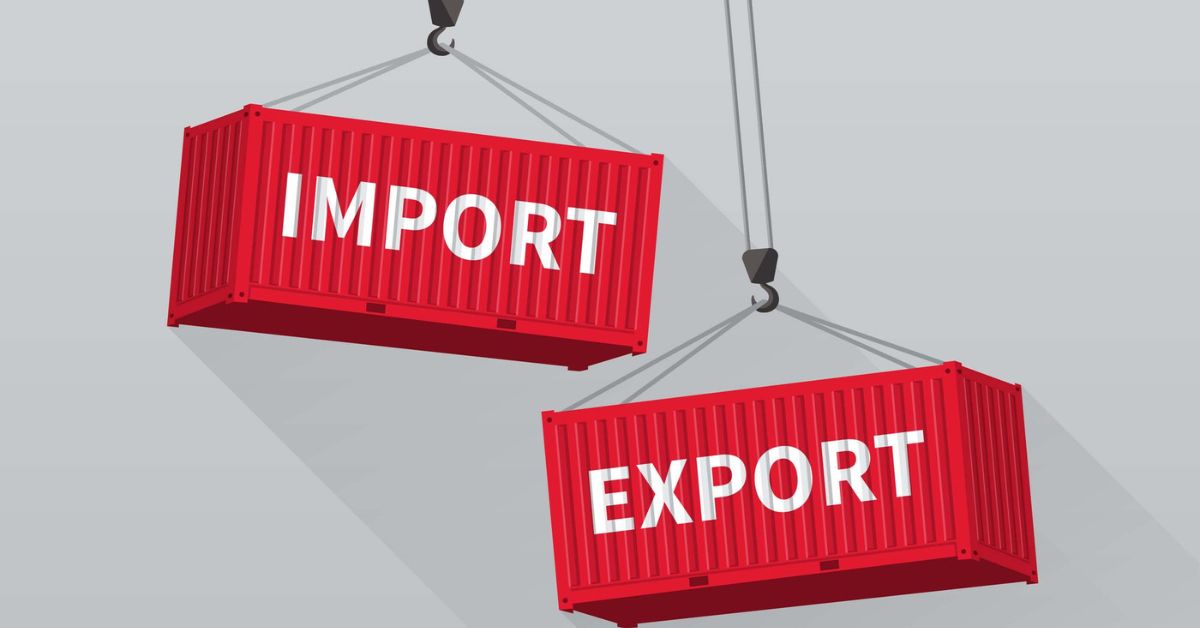State-run Khanij Bidesh India Ltd (KABIL) has engaged with several state-owned organisations in other countries, through the ministry of external affairs and the Indian embassies in countries such as Argentina and Australia, to acquire mineral assets, with a special emphasis on special and critical minerals. Argentina has the world’s third-largest lithium reserves, while Australia is a leading producer of potash and lithium.
KABIL is a joint-venture company of National Aluminium Company Ltd, Hindustan Copper Ltd and Mineral Exploration and Consultancy Ltd, set up with the objective of ensuring a consistent supply of critical and strategic minerals to the Indian market.
“The ministry is also actively involved in the Mineral Security Partnership (MSP) and other multilateral/ bilateral partnerships with various countries to secure the critical mineral demand of India. Under India’s G20 presidency, recognizing the significance of the role of critical minerals in global energy transition, the ministry of mines got it included in the G20 New Delhi Leaders’ Declaration,” Joshi added in his written reply.
India joined the Mineral Security Partnership in June, during prime minister Narendra Modi’s visit to the US. The MSP is a group of 13 countries and the European Union (EU) looking to catalyze public and private investment in critical-mineral supply chains. The other members of the alliance are Australia, Canada, Finland, France, Germany, Italy, Japan, Norway, the Republic of Korea, Sweden, the United Kingdom, the US, and the EU.
In July, the mines ministry also drew up a list of 30 minerals that are critical for the country, based on the recommendations of a committee.
These include tin, which is used in aerospace, construction, home decor, electronics, jewelry, and telecommunications; molybdenum, used in steel alloys, pigments and dyes, catalysts, electrical, and electronics; graphite, used in batteries, lubricants, EVs, and fuel cells for EVs and nickel, used in stainless steel, solar panels, batteries, aerospace, defense applications, and electric vehicles. The increased focus on critical minerals in part of India’s ambitious plans to achieve energy transition and strengthen the domestic manufacturing sector, in which these minerals play a key role. China dominates the critical and rare earth mineral supply chain but India and other countries in the MSP are looking to diversify their sources.







